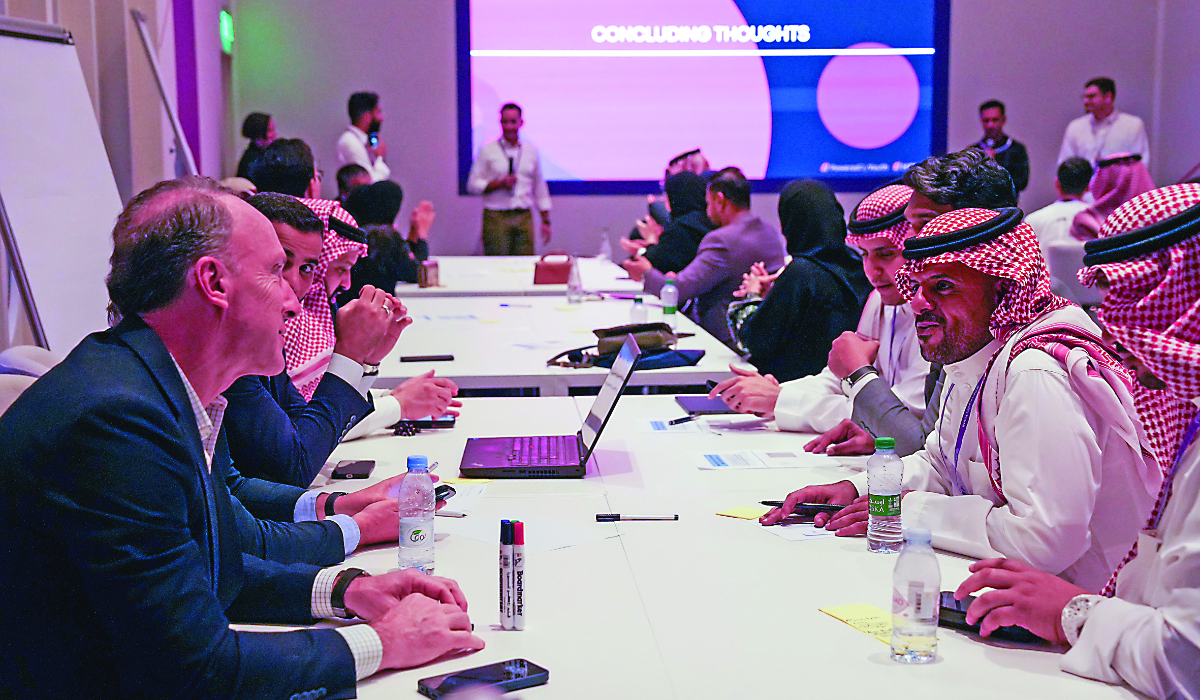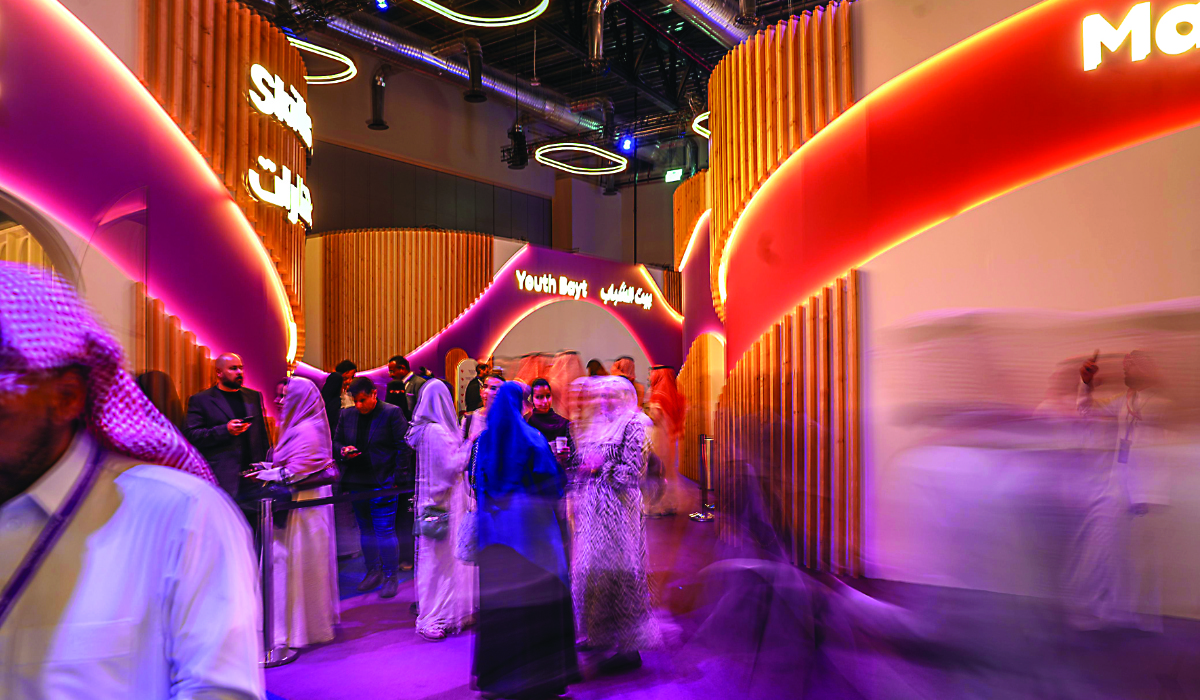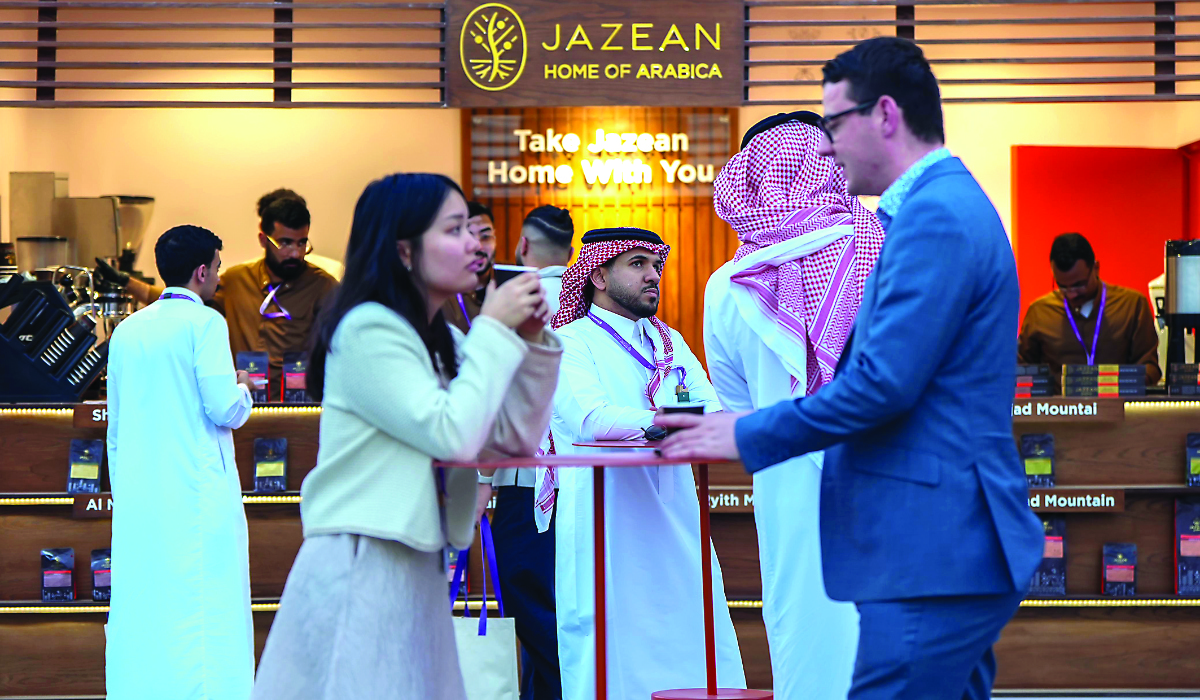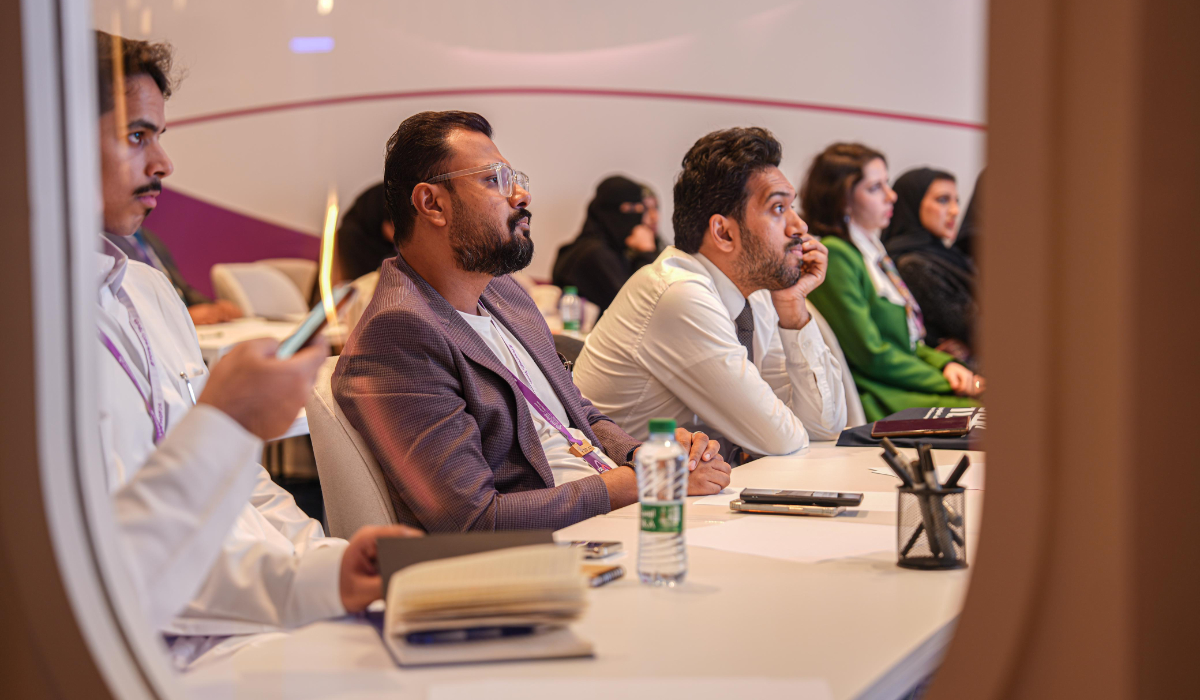RIYADH: The third Arab Forum for Environment, hosted this year by the Kingdom, was held in Riyadh from June 3-4 to discuss and propose solutions for the looming environmental issues in the Arab region.
It was held ahead of World Environment Day on June 5, which will also be hosted by the Kingdom this year alongside the UN Environment Program under the theme “Our land. Our future.”
The Arab League’s director of the department of environmental affairs and meteorology, Dr. Mahmoud Fath-Allah, said during opening remarks that Arab countries are among the most vulnerable worldwide to ecosystem damage, as 90 percent of areas in the region are classified as dry or extremely dry.
“We have all realized that the diversification of natural system services as a result of the continuing loss of natural resources and land degradation strengthens the region’s endeavors and its capabilities to achieve food security and human stability, which is why selecting the theme for the forum this year, ‘Land Rehabilitation to Enhance Resilience,’ reinforces the reality of cooperation and coordination with all international partners to repair our natural resources,” he said.
Represented by the Kingdom’s Ministry of Environment, Water and Agriculture, the annual forum provided a platform for decisionmakers, experts and specialists within Arab countries to promote joint environmental action in the region.
Saudi Minister of Environment, Water and Agriculture Abdulrahman Al-Fadhli said in a speech: “The Kingdom has adopted a number of pioneering national initiatives, most notably the Saudi Green Initiative and the Middle East Green Initiative, which aim to enhance regional cooperation to reduce land degradation, preserve vegetation, enhance biodiversity, food and water security, adapt to climate change and improve quality of life.
“The Kingdom also played a pivotal role in developing the global initiative to reduce land degradation and loss of wild habitats, and the platform initiative to accelerate research and development in the field of global coral reefs.”
The forum’s first panel discussion tackled the issue of land degradation and environmental challenges faced regionally and globally.
The session expanded on the issue within the framework of planetary challenges and the role of the Rio Conventions; the Arab region’s need to achieve Sustainable Development Goals; the most prominent outcomes of the sixth session of the UN Environment Assembly and their application within the Arab region; and Saudi Arabia’s commitment to environmental development by hosting COP16.
The next panel discussion discussed the importance of enhancing food and water security through sustainable food systems as well as management of water sources, reducing the effects of drought and proactive approaches to soil conservation.
The first day’s agenda concluded with the third session, “The Importance of Environmental Commitment in Preserving Terrestrial Ecosystems,” which provided insight on managing human development activities and reducing negative impacts on terrestrial ecosystems, legislation and environmental performance indicators; sustainable waste management to preserve terrestrial ecosystems; and using modern technologies to enhance environmental commitment.
The forum also inaugurated its accompanying exhibition in which national, regional, and international institutions from the public and private sectors as well as civil society showcased prominent environmental projects, initiatives and the latest technologies.






































